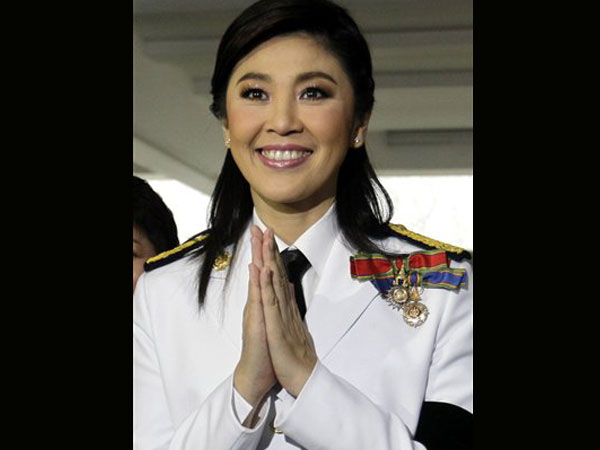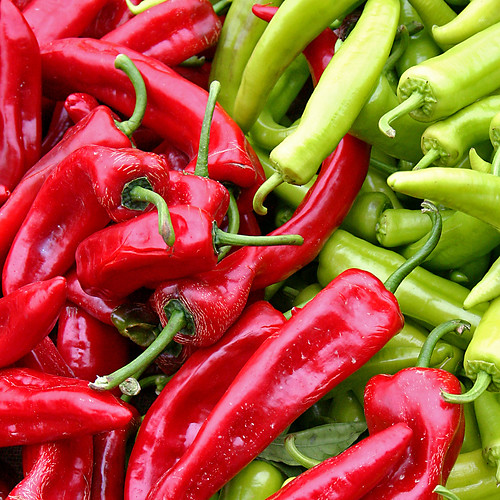Venezuela: Communist Party backs Hugo Chavez, builds workers' control movement

By Rachael Boothroyd, Coro
August 10, 2011 -- Venezuelanalysis.com – On August 7, the Venezuelan Communist Party (PCV) concluded its 14th congress in Caracas following three days of discussions. More than 526 national delegates and 43 international representatives attended the conference, which was convened in conjunction with the PCV’s 74th anniversary.
Issues on the agenda included leadership, the 2012 presidential elections, an assessment of the Bolivarian revolution’s progression to date and the creation of the “Patriotic Pole” – a coalition of pro-Chávez political forces. Carolus Wimmer, PCV secretary of foreign relations, stated that the conference would be influential in determining the party’s “new national direction”.
“The PCV must adapt its structure to the historical moment. We have 80 years of history and the recognition of the Venezuelan people; that is why we exist, if it were any other way, we would just be a sect”, said Wimmer.
Chavez
Does Palestinian Authority’s UN 'statehood' bid endanger Palestinian rights?

Palestinian Authority envoy to the United Nations Riyad Mansour.
By Ali Abunimah
August 8, 2011 -- Electronic Intifada -- The Palestinian Boycott National Committee (BNC), the steering group of the international boycott, divestment and sanctions (BDS) campaign, has issued further guidance in the run up to the Palestinian Authority’s effort to gain UN membership for a “State of Palestine” in September.
The BNC statement implicitly warns that recognition of any “state” that did not include full recognition of all Palestinian rights and the right of all Palestinians everywhere to be represented, could violate or negate those rights.
The statement further warns that governments around the world cannot use symbolic recognition of a Palestinian “state” to evade their responsibilities.
The Syrian 'common': an uprising of the working society

By Yassin Al Haj Saleh
The Comintern’s unknown decision on workers’ governments

"Workers of the World, Unite!", by Gustavs Klucis. Produced for the 1922 Fourth Congress of the Communist International.
By John Riddell
Baltic far right attempts to rewrite history

Estonian Nazis parade on July 30, 2011.
By Rupen Savoulian
Zimbabwe: Petition to drop false charges against political activists
August 14, 2011 – Links International Journal of Socialist Renewal -- The following petition is being circulated in Australia. Please feel free to adapt the text for use in your country (e.g.
Thailand: A new 'settlement' between Yingluck Shinawatra's government and the elites?

Thai MPs elected Yingluck Shinawatra on August 5 as the country's first female prime minister.
Bolivia: Evo Morales' fight to control the military

By Federico Fuentes
Aotearoa/New Zealand: Building an eco-socialist network in New Zealand

Statement by Socialist Worker central committee
Tariq Ali on riots in England: Why here and now?; Neoliberalism’s chickens coming home to roost

By Tariq Ali, London
August 9, 2011 -- Why is it that the same areas always erupt first, whatever the cause? Pure accident? Might it have something to do with race and class and institutionalised poverty and the sheer grimness of everyday life?
The ruling Conservative Party-Liberal Democrats (Con-Dem) coalition politicians (including new New Labour, who might well sign up to a national government if the recession continues apace) with their petrified ideologies can’t say that because all three parties are equally responsible for the crisis.
They made the mess.
They privilege the wealthy. They let it be known that judges and magistrates should set an example by giving punitive sentences to protesters found with peashooters.
They never seriously question why no policeman is ever prosecuted for the 1000-plus deaths in custody since 1990.
Whatever the party, whatever the skin colour of the MP, they spout the same clichés.
Yes, we know violence on the streets in London is bad. Yes, we know that looting shops is wrong.
But why is it happening now? Why didn’t it happen last year?